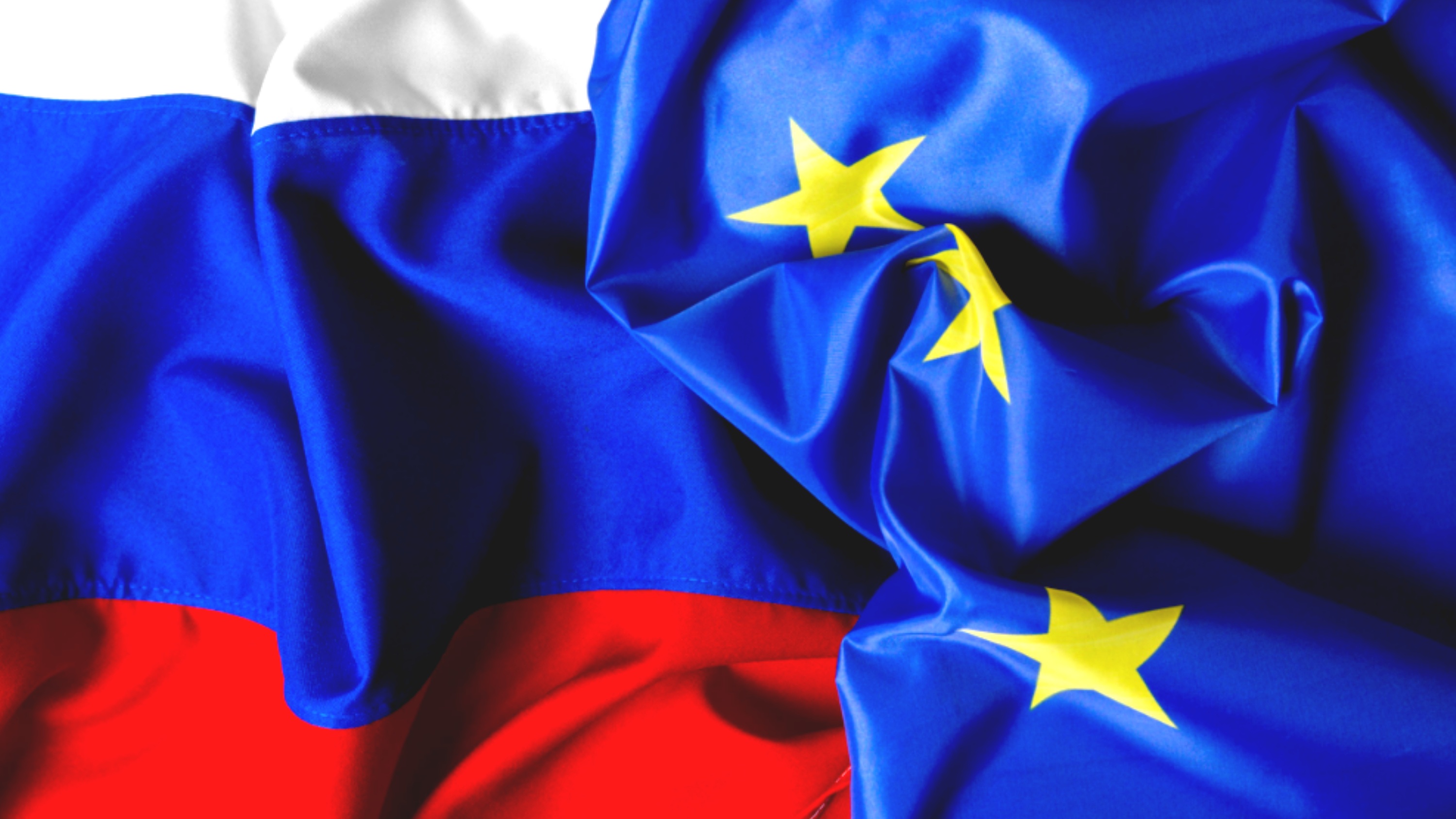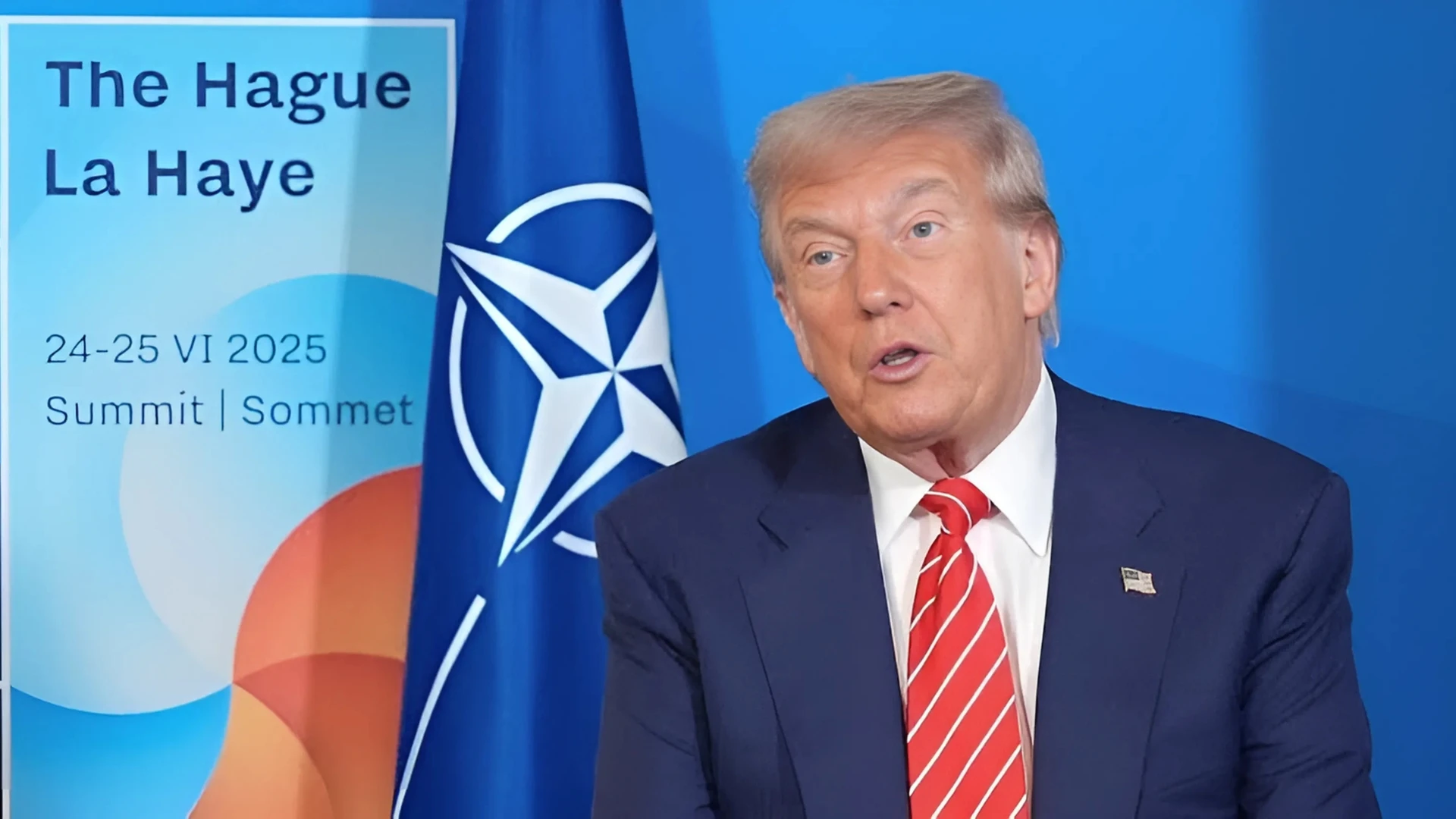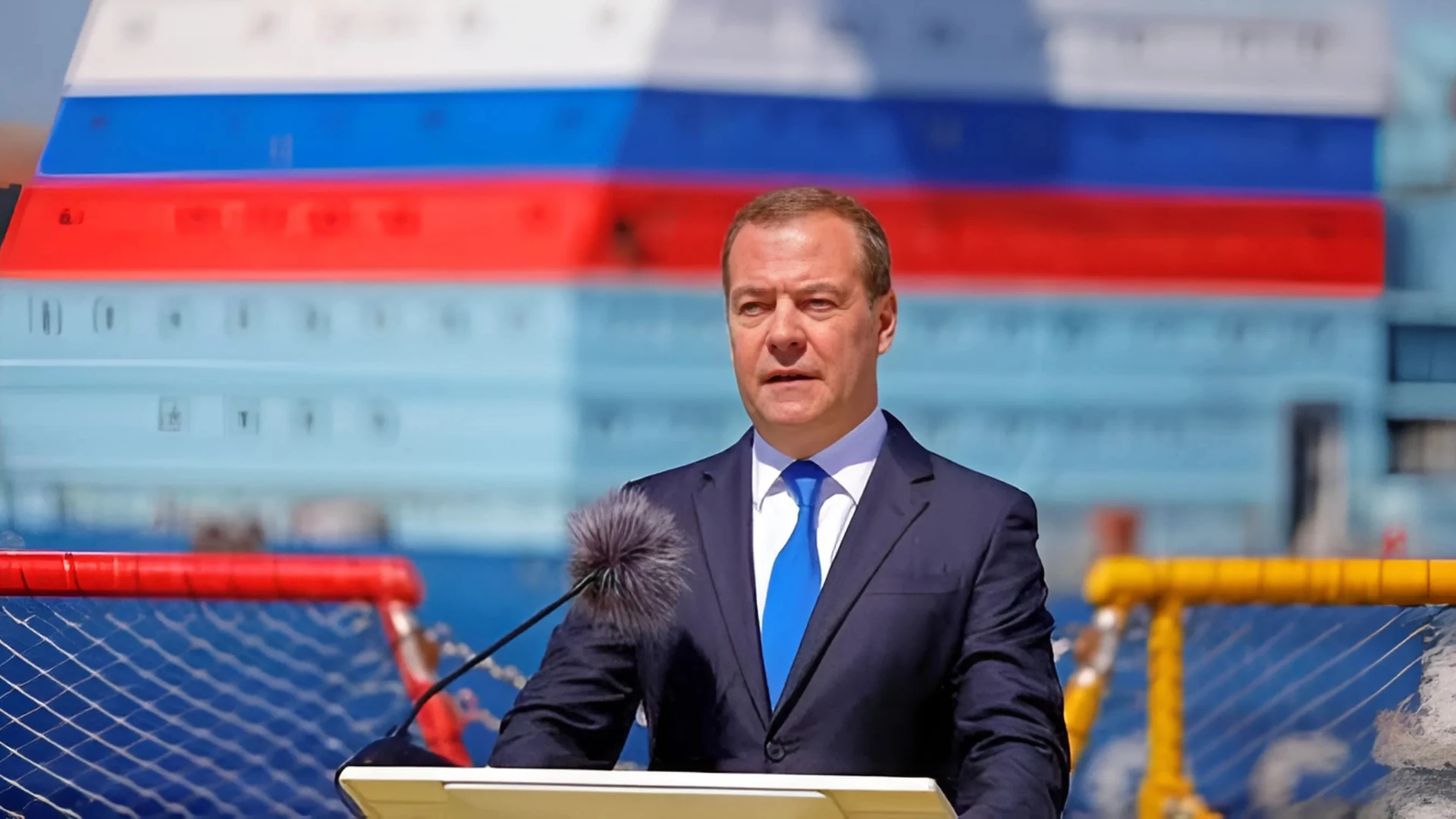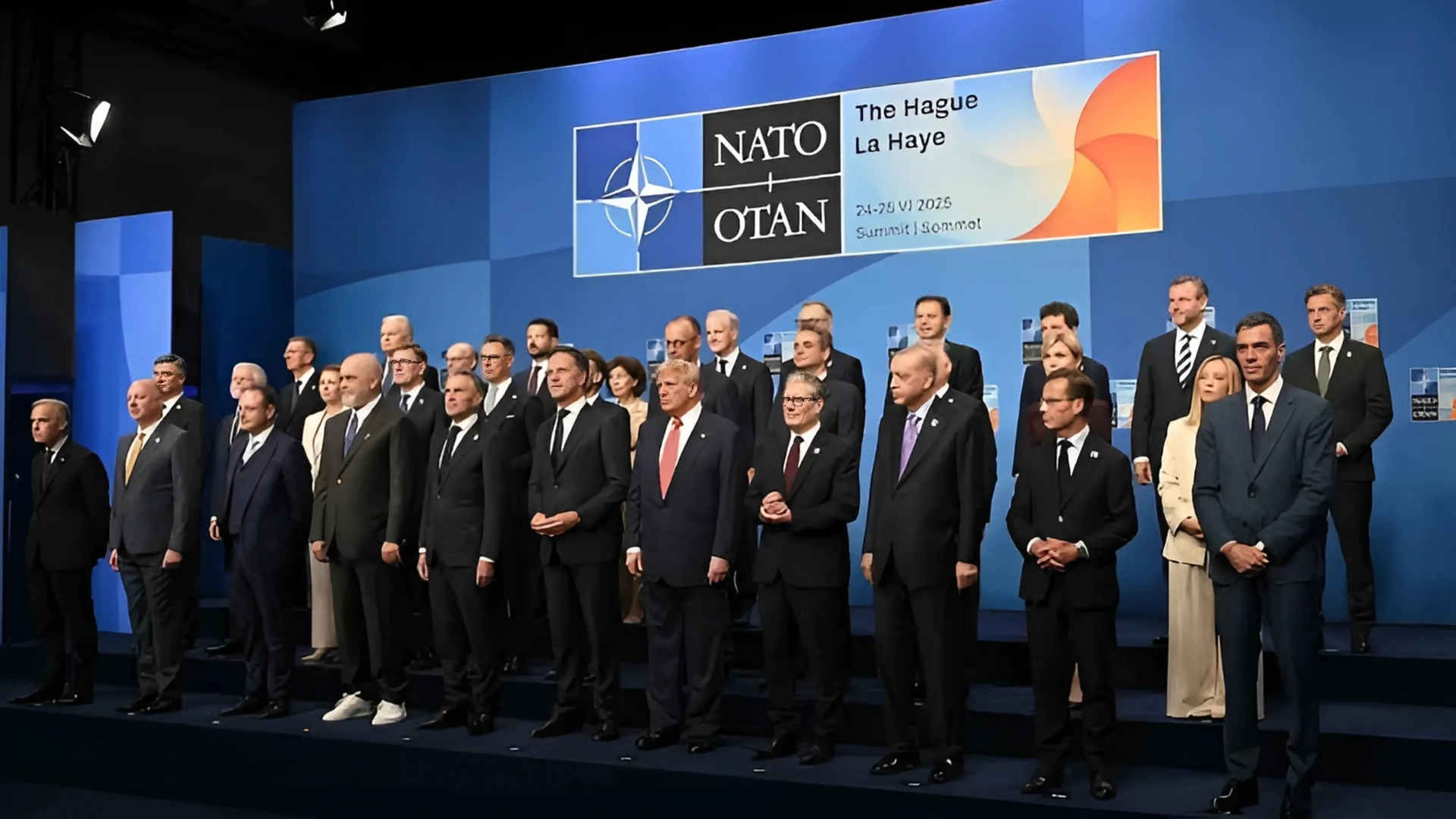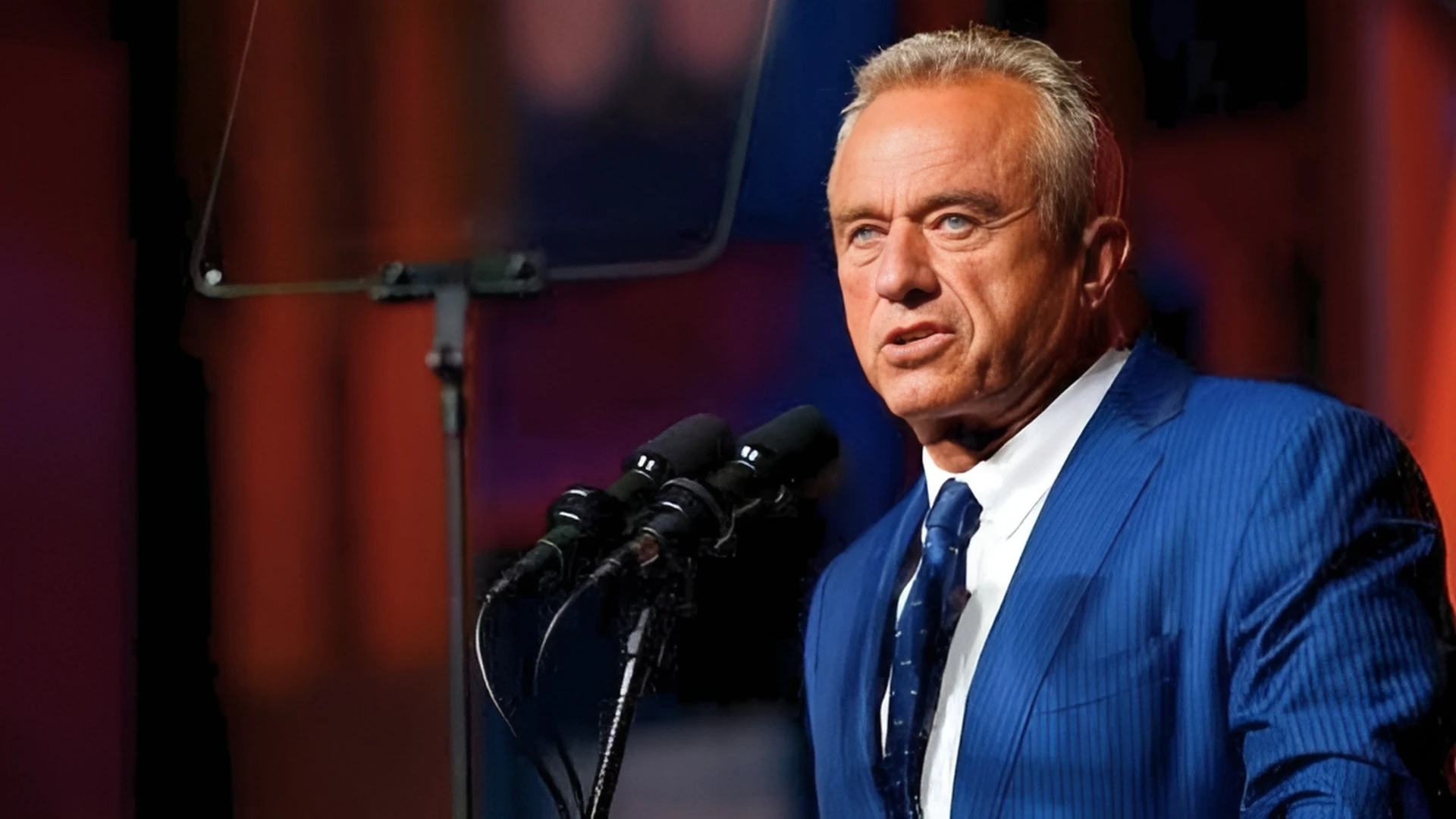Brussels: The European Union has approved a new round of sanctions against Russia, reinforcing its economic pressure on Moscow as the war in Ukraine nears its third anniversary.
The decision comes at a time when U.S. President Donald Trump’s administration, led by Secretary of State Marco Rubio, is pushing for negotiations that could potentially ease sanctions in exchange for diplomatic concessions.
During a meeting with his Russian counterpart in Saudi Arabia, Rubio acknowledged that Europe would eventually need to be part of discussions on lifting sanctions. "The European Union will have to be at the table at some point because they have sanctions as well that have been imposed," he said. While stressing that compromises were necessary on "all sides," he rejected suggestions that Europe was being excluded from negotiations.
Despite the U.S. signaling a shift towards diplomacy, European leaders remain committed to their sanctions policy. European Commission President Ursula von der Leyen reaffirmed the bloc’s stance, stating, "We are committed to keeping up the pressure on the Kremlin."
The latest sanctions package, the EU’s 16th since Russia’s full-scale invasion of Ukraine in 2022, introduces a significant ban on imports of Russian primary aluminium. This move had been previously debated but faced resistance from some member states due to concerns about economic repercussions. Currently, Russian unwrought aluminium represents around 6% of the EU’s total aluminium imports, a figure that has been gradually decreasing as European industries seek alternative suppliers.
Beyond aluminium, the EU has expanded its crackdown on Russia’s so-called "shadow fleet"—a group of aging, often uninsured oil tankers used to bypass Western trade restrictions. Many of these vessels have been linked to deceptive practices such as falsifying data, disabling tracking systems, and engaging in ship-to-ship transfers to disguise the origin of Russian oil.
Concerns over the fleet’s safety have grown following multiple incidents in the Baltic Sea, where Russian-linked vessels have been accused of sabotage targeting undersea infrastructure. The EU’s new measures blacklist an additional 73 tankers, bringing the total number of restricted vessels to over 150. These ships are now barred from EU ports and access to European services. The updated regulations also allow Brussels to sanction the owners, operators, and captains of these vessels.
In addition to targeting Russia’s energy sector, the new sanctions expand financial restrictions by expelling 13 Russian banks from the SWIFT global payment system, further isolating Moscow from international financial networks. Moreover, eight Russian media outlets have had their broadcasting licenses suspended within the EU, in an effort to curb the Kremlin’s influence operations.


